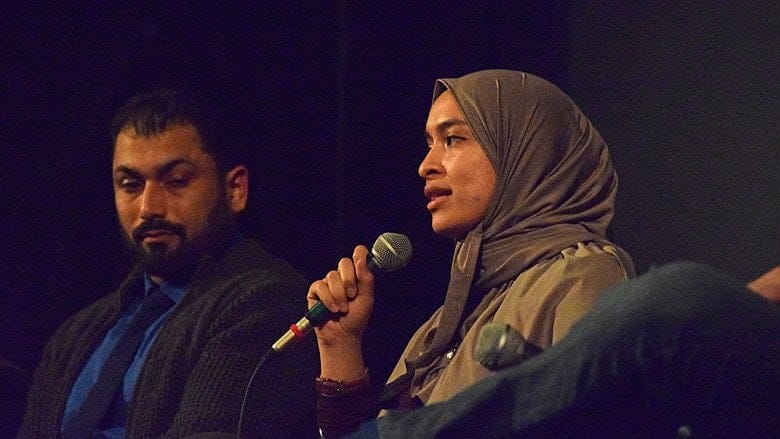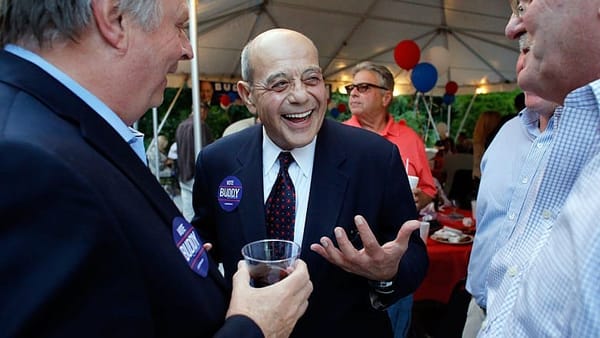Harvard panel highlights Sikh message of healing following massacre

CAMBRIDGE – Hate crimes in America have picked up steam since a massacre at a Sikh temple near Milwaukee shocked the world more than three years ago. But outreach groups are using lessons from the Sikh faith to help prevent further tragedies.
"We cannot address trauma by vilifying the 'other,'" Pardeep Kaleka, who lost his father in the shootings, said during a panel discussion about the massacre and the response to it. His comments followed a Tuesday screening of a documentary called "Waking in Oak Creek."

